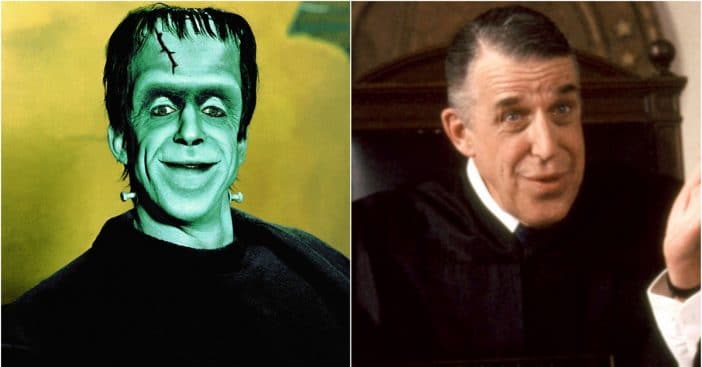
UPDATED 10/6/2023
Painter. Sculptor. Actor. Those are the words that Fred Gwynne would use to describe himself. But to the rest of the world he was and ever will be Herman Munster, the seven-foot, green-colored, stitched-together alter ego he played on the beloved 1960s sitcom The Munsters. And those differing views between he, the public, and even Hollywood would turn fame into a prison that would take over 30 years and a couple of “youts” for Fred to escape from.
By all accounts, Fred enjoyed a happy childhood, but that happiness would be torn away from him when he was only eight years old. He was born in New York City in 1926 and moved around the country quite a bit due to his father’s work as a stockbroker. He and his dad enjoyed a close relationship, which made it even more devastating when what should have been a routine sinus operation, resulted in the man’s death. In response, Fred retreated into himself, becoming withdrawn and more introspective. One outlet he found for his pain was through the sketches that he enjoyed drawing, a skill he quickly began to develop.
RELATED: For Fred Gwynne, ‘The Munsters’ Not Only Derailed His Career, But Brought Tragic Memories As Well
Things didn’t really get better until he entered prep school. The fear was that the shell he’d locked himself in would continue to hold him emotional prisoner, not helped by the fact that he felt self-conscious that, at 13, he was already 6’6”. But in the end, that didn’t matter: at prep school he found himself genuinely happy for the first time in years, finally coming to grips with his father’s death. That happiness he felt came from the fact that he was enormously popular among his classmates, sang in the school choir and continued to explore his passion for art, discovering different styles and learning about a wide variety of artists he grew to admire who would influence him for the rest of his life.
Did Fred Gwynne go to Harvard?
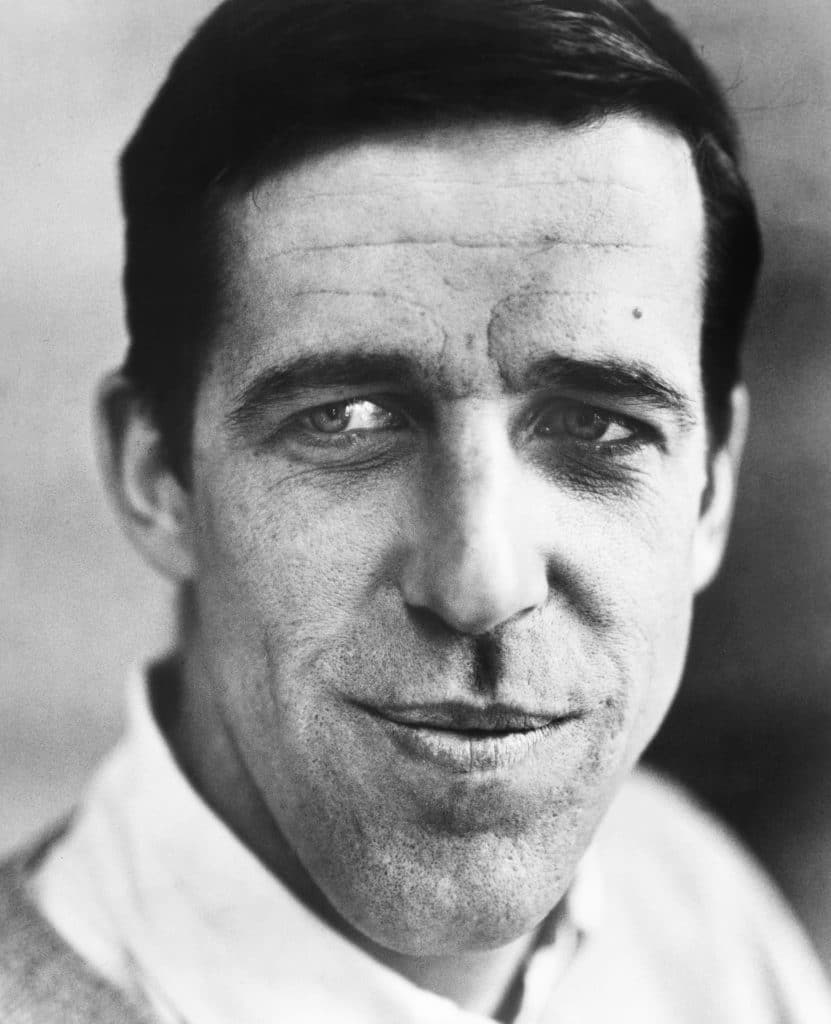
Fred may have been looking for direction following prep school, but he also felt he had a patriotic duty to America and enlisted in the Navy during World War II. Once he returned to civilian life, it was time to focus on himself again — which is what led him to enroll at Harvard. It was while he was there that he got a sense for his own future. It started with him becoming a cartoonist for The Harvard Lampoon and then its president. More importantly, he decided to give acting a try and became a part of Harvard’s Hasty Pudding theatrical show. And that was it. His fate was sealed. The reaction from the audience turned acting into his true calling. He also realized that he could make his looks, which members of the media would later describe as “lanky and lantern-jawed,” work for him. And it absolutely did, given that his friends used to good-naturedly tell him that someone with his looks could never make a living as an actor.
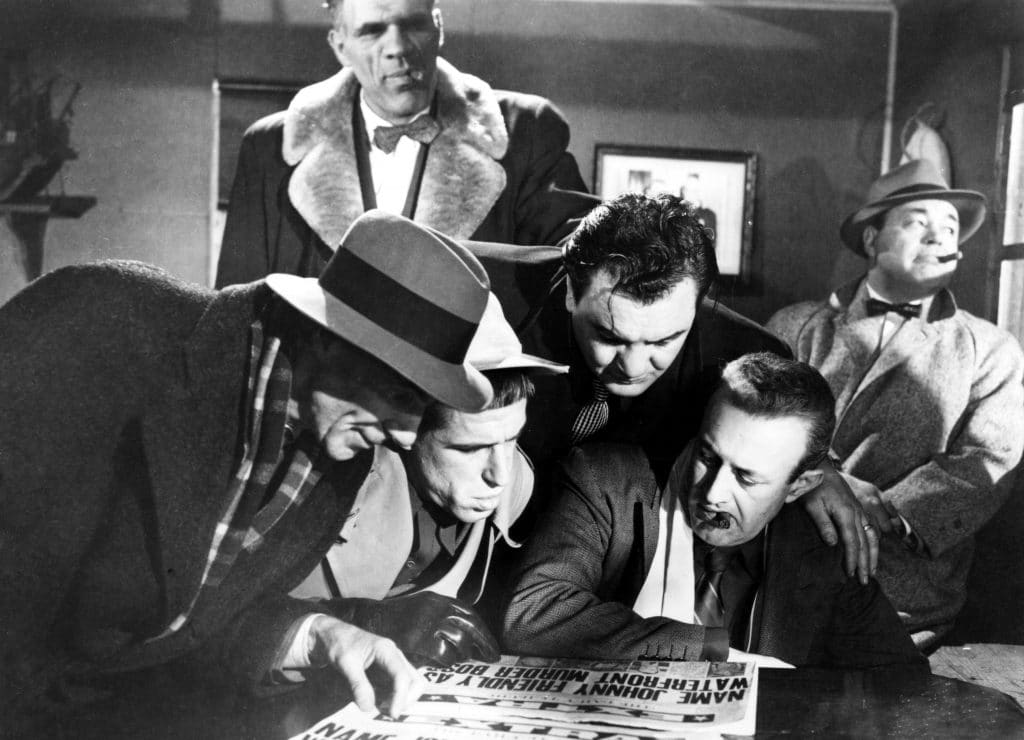
That’s the thing, Fred Gwynne absolutely had confidence in himself. Where others may have doubted, Fred pushed ever onward toward achieving his goals. And who could argue with the results? By the early 1950s, he was actually on Broadway in shows like Mrs. McThing, Love’s Labour Lost, and The Frogs of Eternity. But that wasn’t enough, so he began making guest appearances on the different anthologies and episodic TV shows. And just to prove his point, he co-starred with Marlon Brandon in the feature film On the Waterfront.
‘Car 54, Where Are You?’
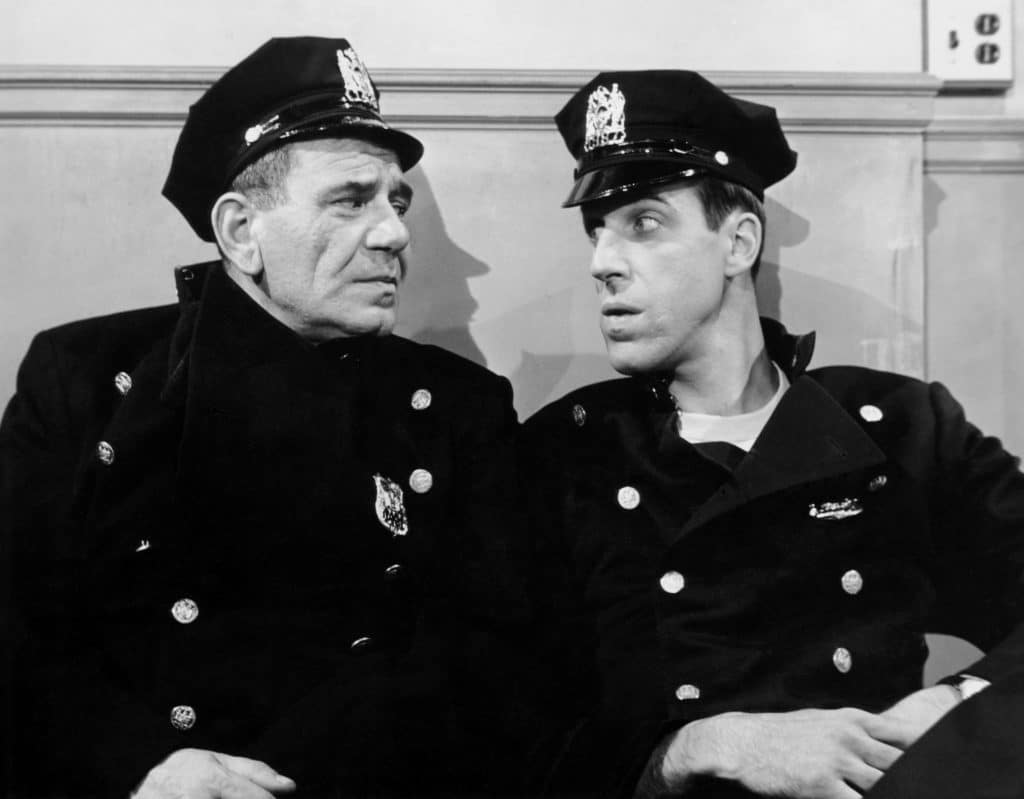
Despite all that success, Fred wasn’t yet a household name, so in a move for some security and, more importantly, to make sure Hollywood knew who he was, he starred in the 1961 sitcom Car 54, Where Are You?, playing Officer Francis Muldoon. This show was a satire of police dramas and saw him co-star with Joe E. Ross and Al Lewis, who would eventually join him on The Munsters in the role of Grandpa.
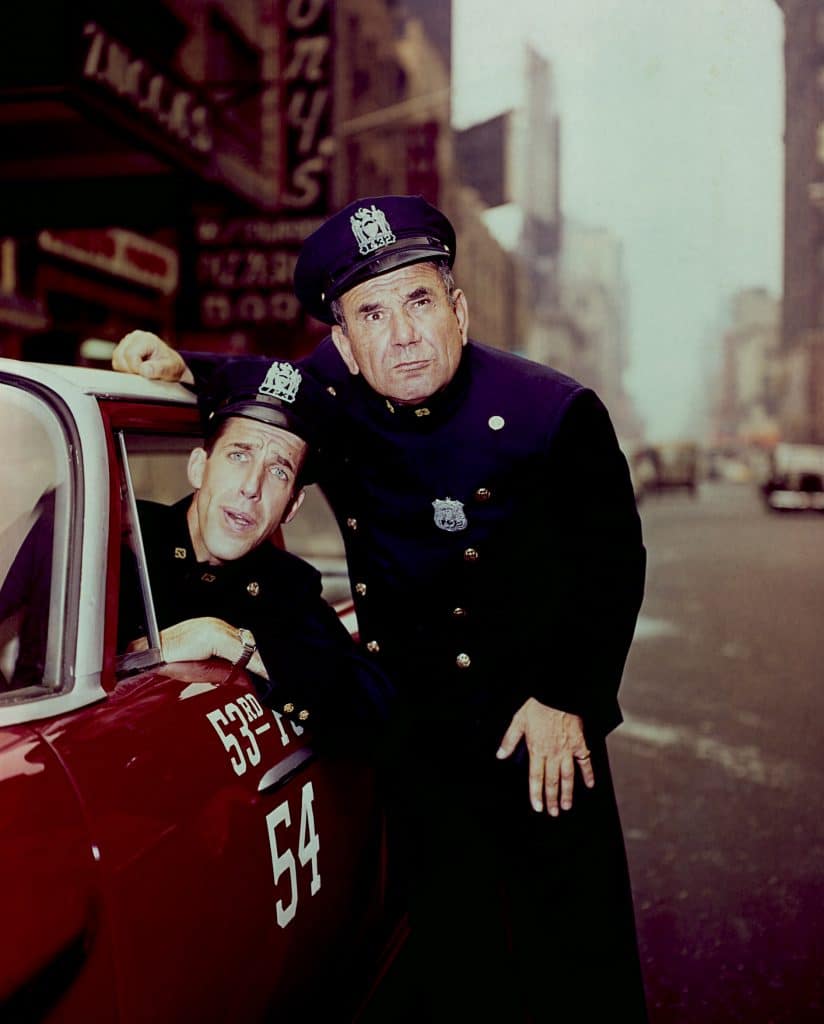
During the show’s production, Fred provided a bit of insight into himself and his self-perception when he wrote a guest column for The Pittsburgh Press where he was contrasting himself with co-star Joe E. Ross. He viewed Joe as an entertainer while Fred thought of himself as an actor. The distinction? Joe could just be himself and put everything out there. As to Fred? He wrote, “If I had to stand up in front of strangers and be Fred Gwynne, I’d be immobilized by embarrassment. As long as I have lines to say and a character to project, I’m all right.”
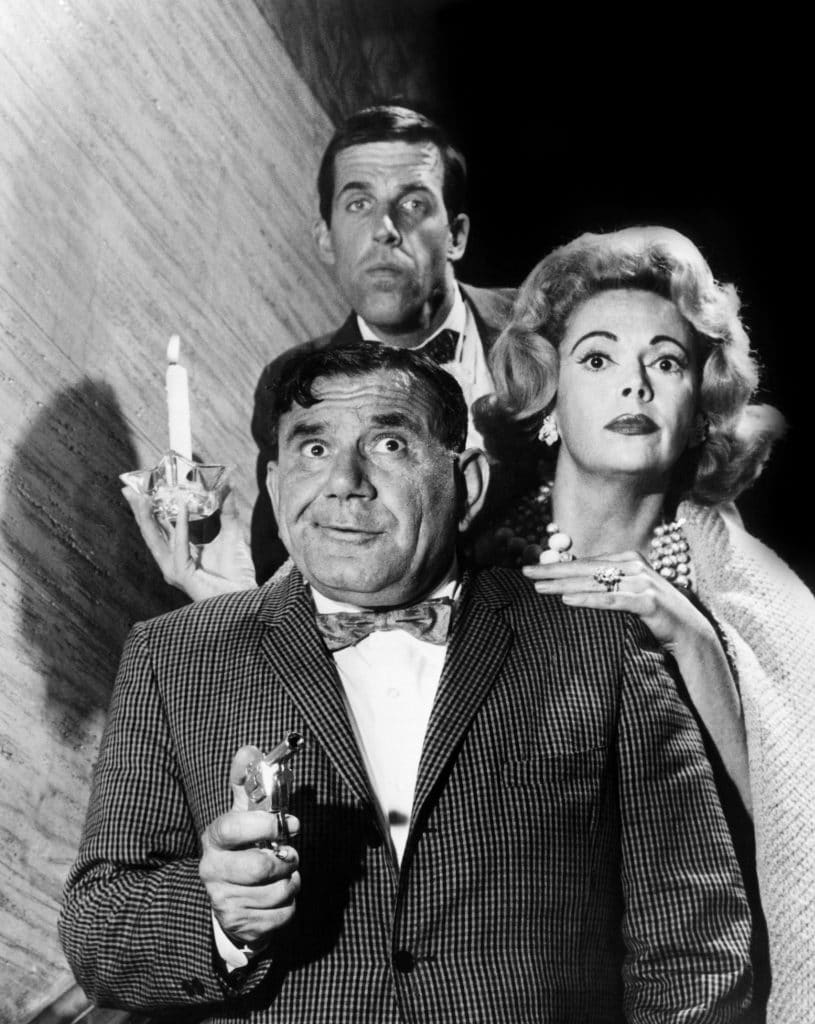
As was the case when he lost his father and slipped into that emotional shell of his own making, it was obvious that if he was going to present himself to the public, it needed to be in the form of acting, of basically losing himself while he was playing that character so that the audience would see Francis Muldoon or Herman Munster rather than Fred Gwynne. All of which must have made later difficulties finding roles, particularly in film and on TV, even more frustrating.
Becoming Herman Munster
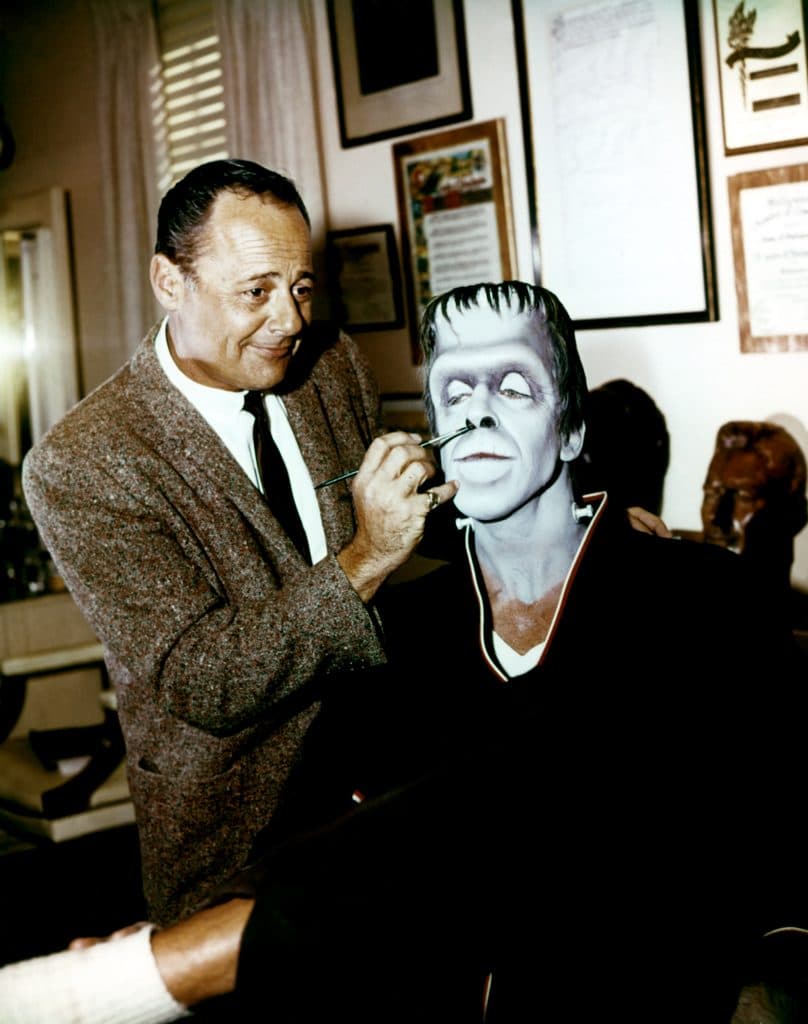
The Munsters made its debut in 1964, and the show is probably best described with the idea that if the old Universal Horror movies and the sitcom The Donna Reed Show had a baby, it would be The Munsters. In its, Fred’s Herman featured an amazing duplication of the makeup that had turned Boris Karloff, who you probably best know these days as the narrator of the animated How the Grinch Stole Christmas, into Frankenstein’s Monster in films from the 1930s.
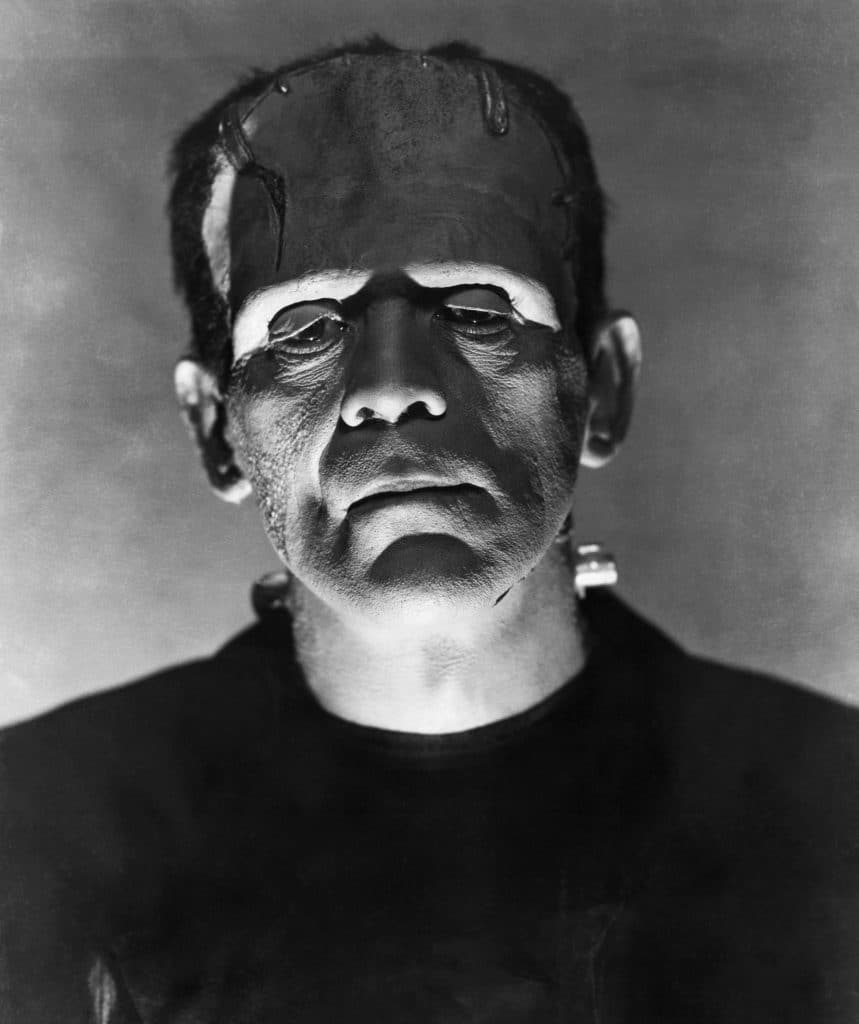
It wasn’t an easy role, physically, for Fred to play. Despite his height, they used platform shoes to bring him up to about 7 feet, and Herman’s padded outfit weighed about 50 pounds. On top of that, there was the time spent each morning applying all that makeup. He was also performing over-the-top material on a daily basis without an audience to play off of. Doing so on stage was one thing, but within the confines of a studio set, it was just a very different experience.
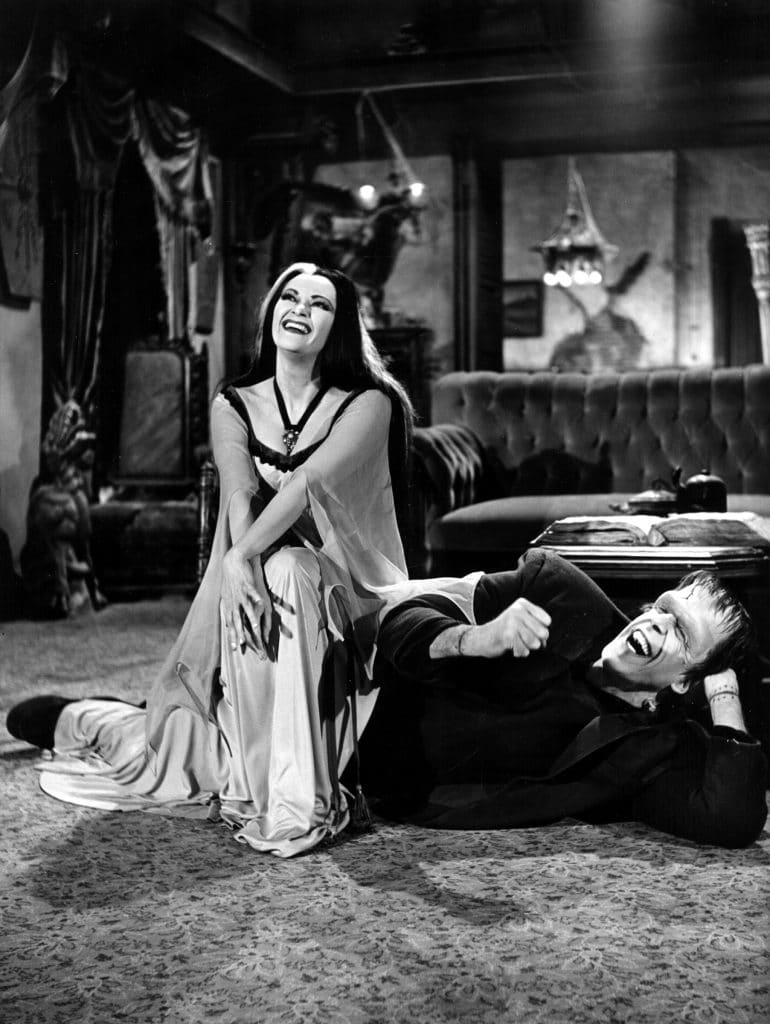
But whatever the challenges, the bottom line is that the audience fell in love with Herman Munster, who, despite his appearance, was basically an all-American dad that loved his family, worked at a funeral home each day — certainly a fitting occupation — and did the best he could to get through life. And then, on top of that, Fred added his boisterous, infectious laugh which only strengthened Herman’s appeal. At the time, one reviewer commented, “Watching his sporadically animated mannerisms, one is reminded of TV’s Mr. Ed enmeshed in deep conversation, punctuated with the facial pantomimes of Jerry Lewis.” Not too many people have been described as a mix of those two.
‘Legacy of The Munsters’
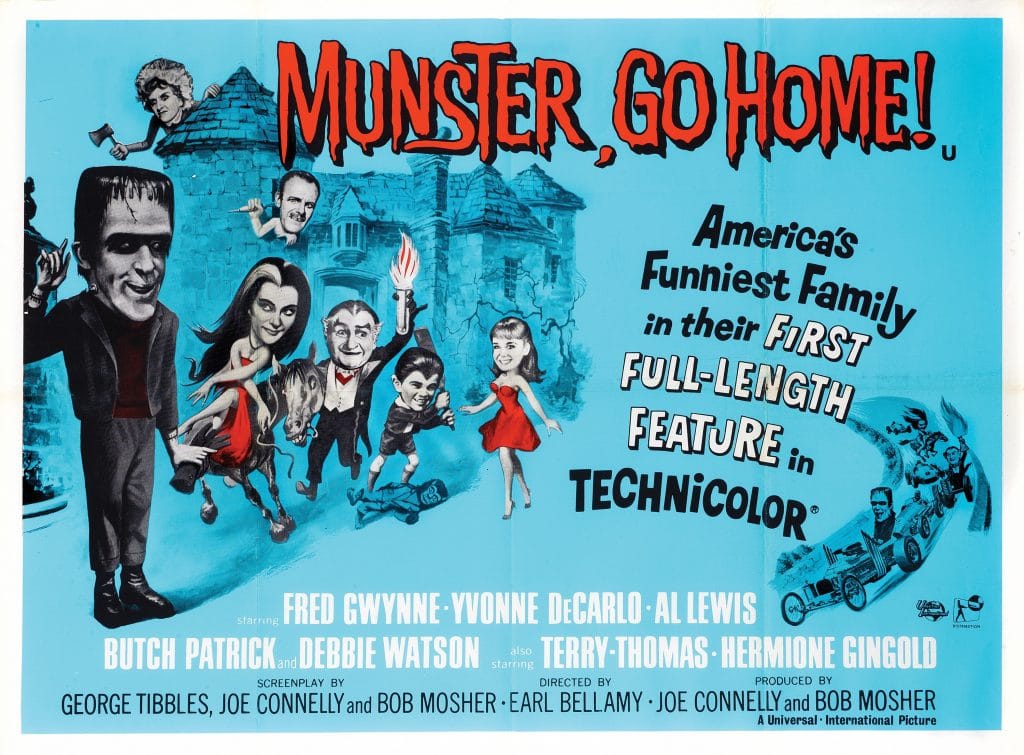
Due to the fact that it’s never been off the air thanks to reruns, people may not realize that The Munsters only ran for two seasons. It wrapped things up in 1966 and while Fred and the rest of the cast shot the film Munster, Go Home that year, which was designed to help sell the series in Europe, everyone moved on. And if Fred had his way, he never would have looked back, which had been a guiding principle in his life anyway.
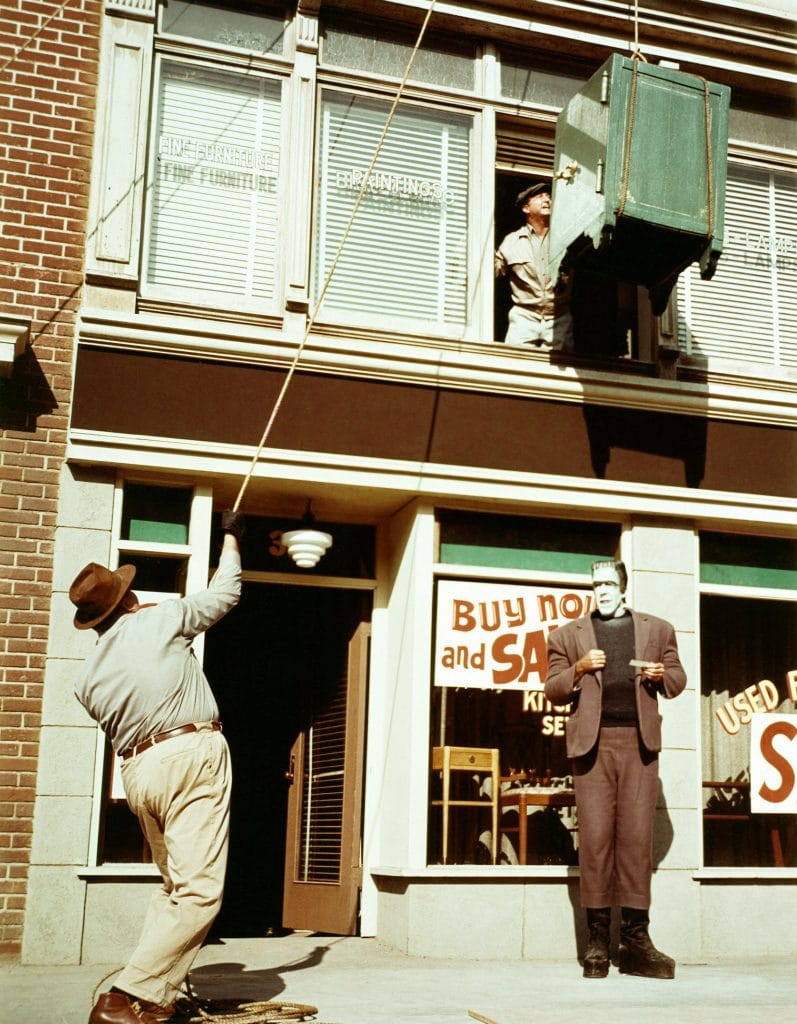
But there is another reason that he wanted to leave that period of his life behind. While he was first embarking on his acting career, Fred had married socialite Jean Reynard in 1952 and together they had five children. The youngest was named Dylan, who was born in 1962. Tragically, less than a year later, Dylan drowned in the family pool. One can only imagine the personal pain and devastation that this must have caused Fred, Jean, and Dylan’s siblings. This had to have colored Fred’s personality for the rest of his life and is why he would barely talk about the past, choosing, again, to move ever forward.
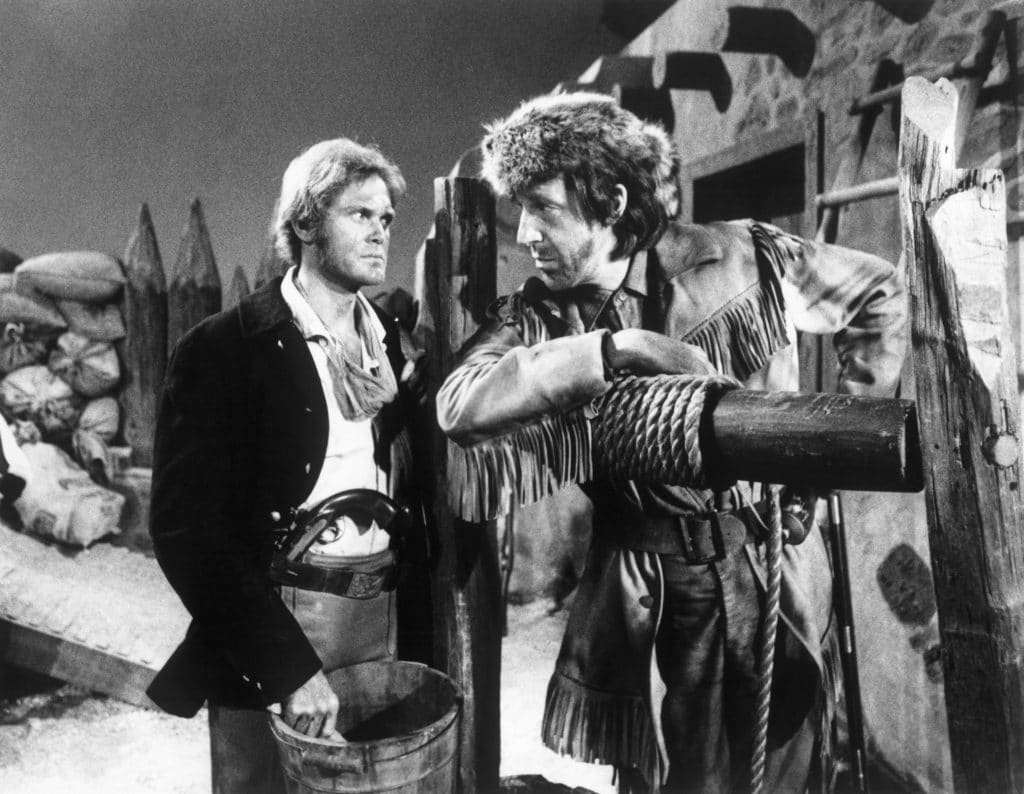
Not that the rest of the world was willing to let him do so. With every year The Munsters aired in reruns, its popularity only grew and so did the connection between Fred and Herman, not only in the eyes of the audience but in Hollywood casting departments and the offices of producers. Acting, the thing that he loved so much, had become something of a curse.
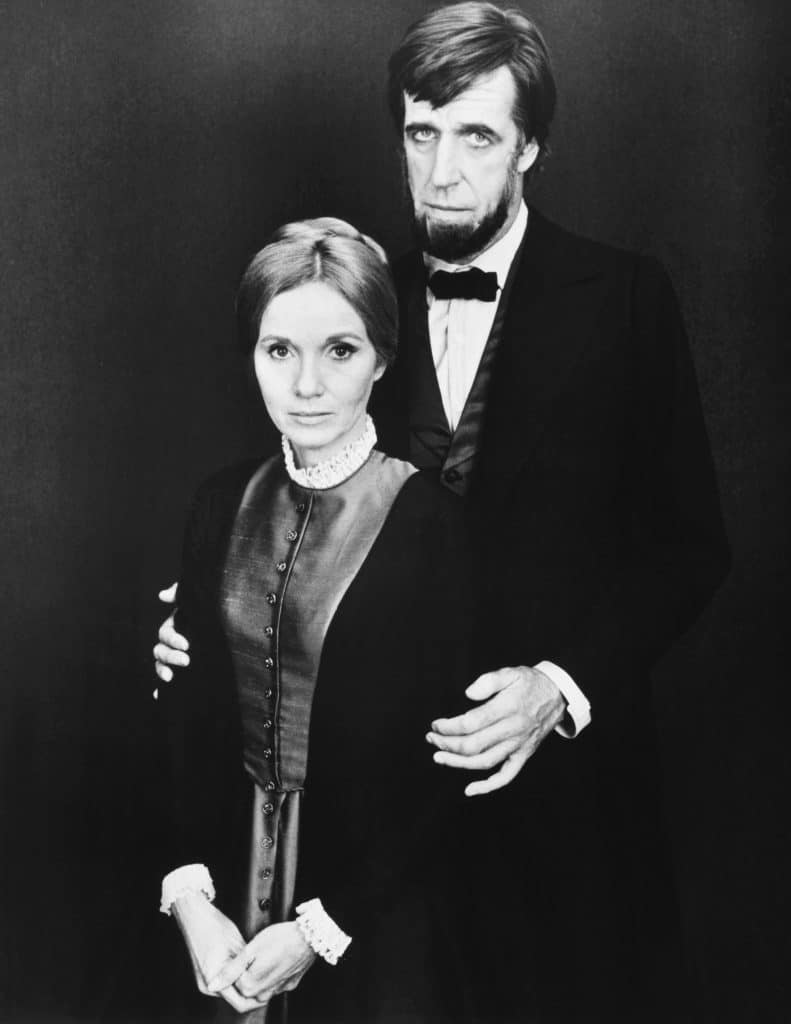
Fred did work, scoring roles in TV movies and features, but usually as a supporting player. It was here where the stage really came in and kept him employed as an actor as he worked in regional productions across the country. There was a return to Broadway in A Texas Trilogy, and he did go into an audition for the fatherly role on the sitcom Punky Brewster, but Herman Munster more or less forced him out when the director referred to him as Herman rather than Fred, and he left the audition in anger.
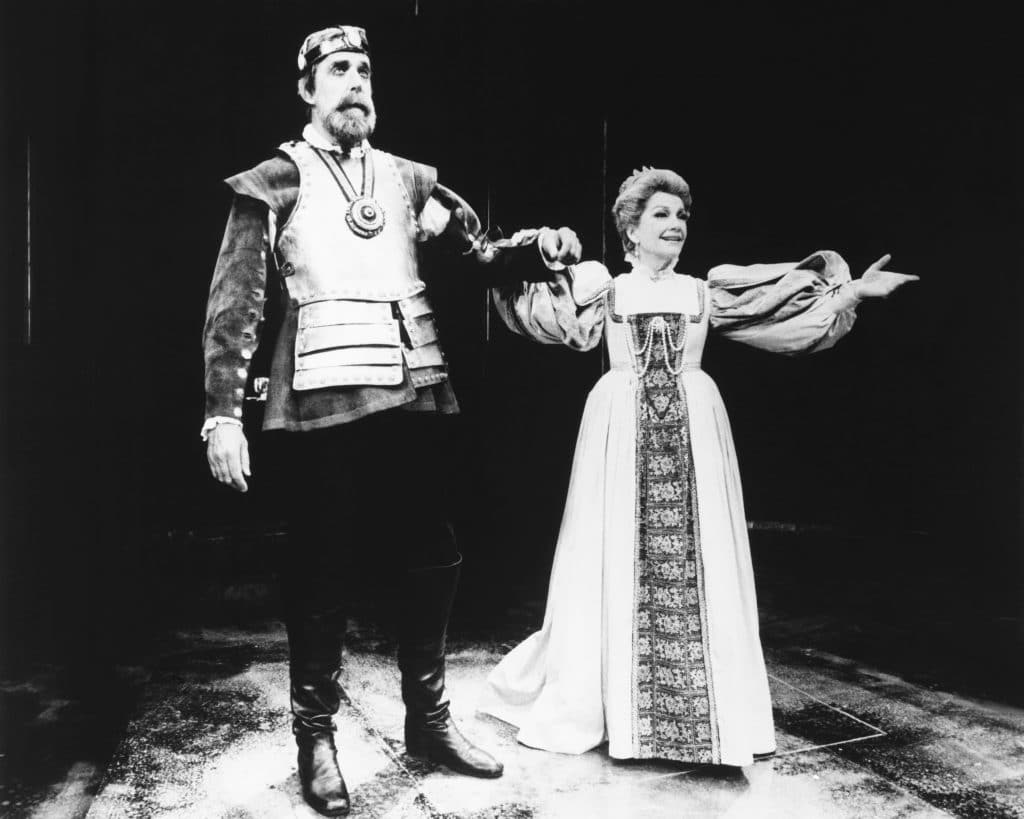
As he dealt with his father’s death, Fred always found solace in art, whether it was sculpting, painting, or drawing. He’d once said that when he’d get home from an acting gig, he would put on old clothes and enter his home studio to work on a sculpture. He admitted that he didn’t make much money that way, but he had the inner satisfaction of being noncommercial. Yet in a sense, his art did lead to commercial success as Fred — tired of looking for someone to say he’d passed an audition — began writing and illustrating a series of children’s books.
Fred Gwynne: Character Actor
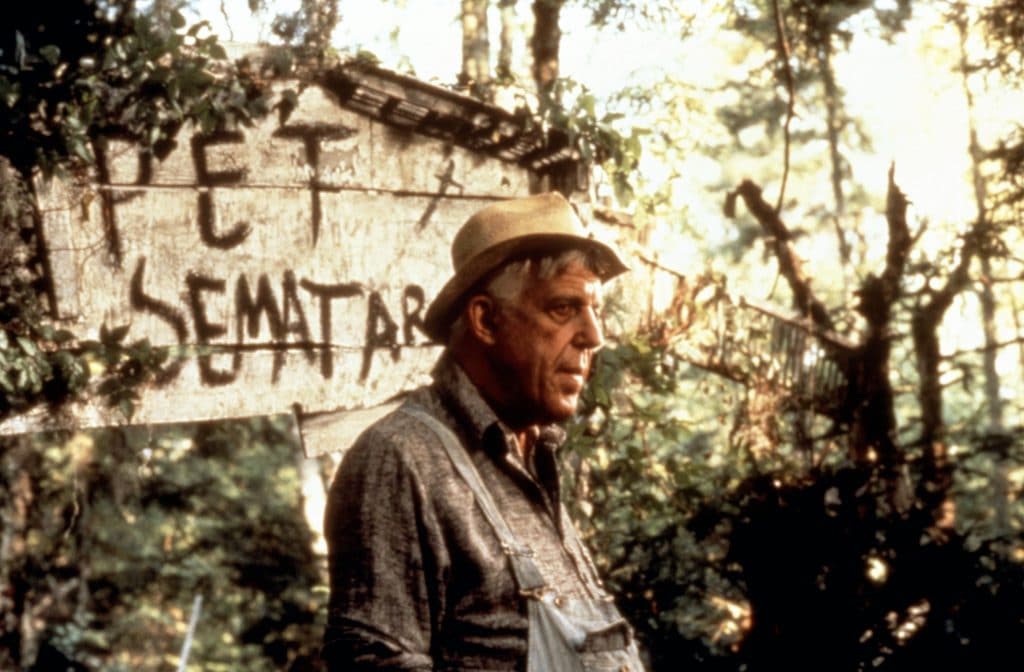
Ironically, the curse of Herman Munster, the thing that in Fred’s mind had derailed what was such a promising career, actually came to his rescue. In the 1980s Nick at Night and, later, TVLand began rerunning many of the classic shows from the 1950s and ‘60s, including The Munsters. Even more people fell in love with it, but the difference this time is that many of the kids who watched it during its original run, were now executives. And those executives, rather than being afraid of Fred’s acting baggage, embraced it, welcoming the opportunity to work with one of their childhood heroes. The result? Fred began finding himself in demand as a character actor. He was cast in a number of TV movies and films like The Secret of My Success, Fatal Attraction, and Stephen King’s Pet Sematary, which had critics praising the nuance of his performances as though they were recognizing the true depths of his talent for the first time.
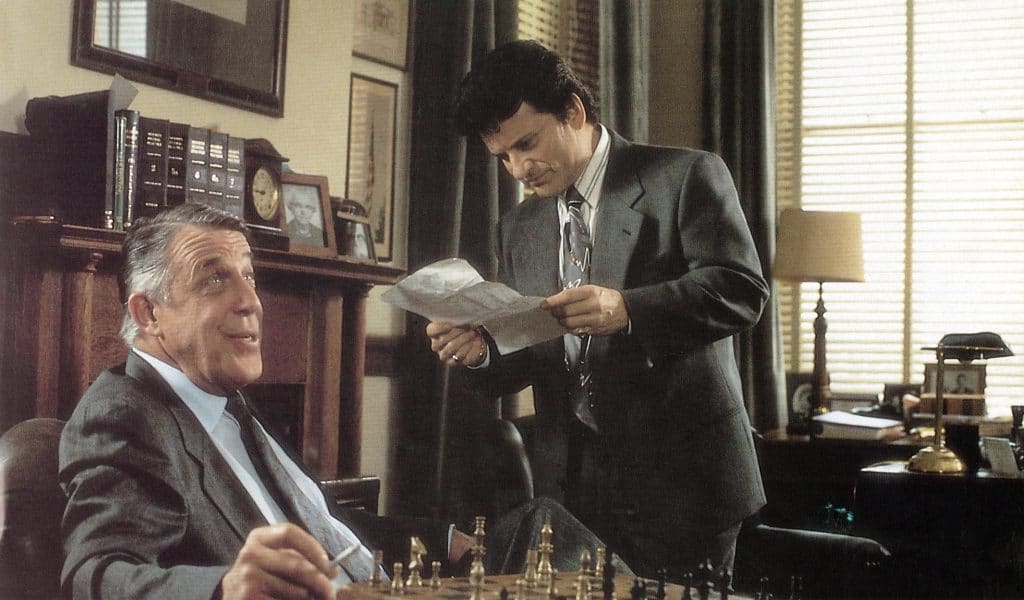
Everything culminated with My Cousin Vinny, the 1992 film which had him playing Southern Judge Chamberlain Haller. And Fred absolutely had the audience in the palm of his hand with is every interaction with Joe Pesci’s Vinny Gambini, especially Fred’s confused repeating of Joe’s word “youts” rather than youths. Well, youts entered the popular vernacular and in that film, in those moments, Fred opened himself up to a whole new generation of fans. The irony is that while it seemed he’d finally put Herman Munster to rest, as it turned out, the Honorable Judge Chamberlain Haller turned out to be his final role. But at least it was a personally triumphant one.
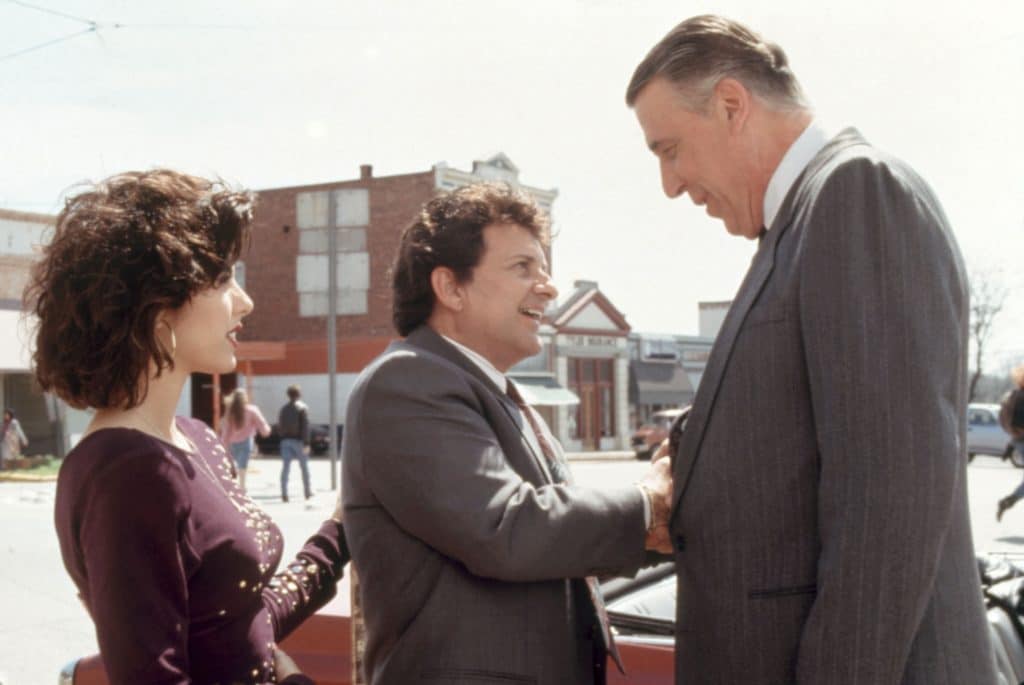
In his private life, he and Jean Reynard divorced in 1980 with him marrying Deborah Falter eight years later. On July 2, 1993, just shy of his 67th birthday, Fred died of complications from pancreatic cancer.
While nearly 30 years have passed since that date, we’ve never forgotten Fred Gwynne or the joy that his performances — and, yes, especially Herman Munster — brought us. When you consider how many actors are gone and pretty much forgotten, that sort of immortality, even Fred Gwynne himself would have to agree, is not a bad thing.
